People in Austin have a deep affinity for bats. Every evening between the months of March and October, hundreds of people line up along Congress Street Bridge to see the bats fly out for their evening meal.
Bats along with other animals are becoming endangered. They suffer from loss of habitat, disease, and effects of pollution. With Bats Conservation International being located here in Austin, we have an opportunity to learn more about this important creature of the night.
Providing Resources
When studying about bats or any other animal, I recommend having lots of resources available for your class. This includes fiction and nonfiction books, websites, and apps if applicable. In my unit on bats, I've also included a reading passage for the students. I love Gail Gibbons. Her nonfiction books always provide great information.Getting the Facts
I've provided a variety of ways your students can record or share the information gathered from reading about bats from nonfiction text.- Different types of graphic organizers
- New vocabulary
- Research informational sheets
Nonfiction and Fiction
When learning about bats and reading nonfiction books, students have the opportunity to learn more about nonfiction text features. They can also compare fiction and nonfiction text. Even though Stellaluna is fiction, it contains facts about bats.Assessment
There are so many different ways to assess students as they learn about bats or after reading nonfiction text. In this unit, I've provided:
- Choice Board
- Bat mini-book
- PowerPoint Quiz
- Vocabulary Match Game
- Label the parts of the bat
Bat Interactive Lapbook or Notebook
A fun way for students to share facts about bats is to create an interactive lapbook. I've included lots of templates and instructions to complete this activity.
Including Fiction
Stellaluna is a must read when studying bats. This sweet book contains so many life lessons as well as great facts about bats.
To learn even more about these activities, take a look at the products at my TPT store.



















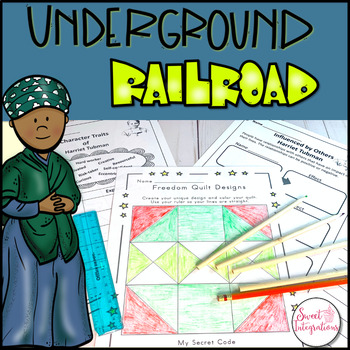

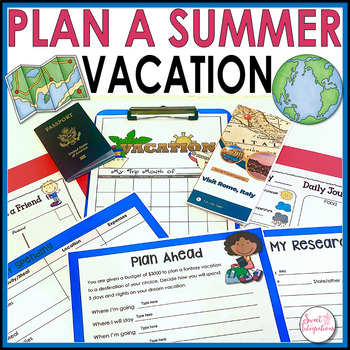
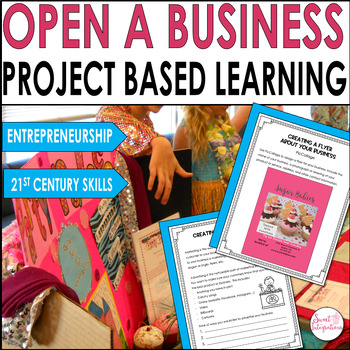
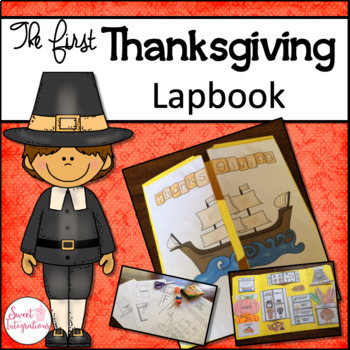

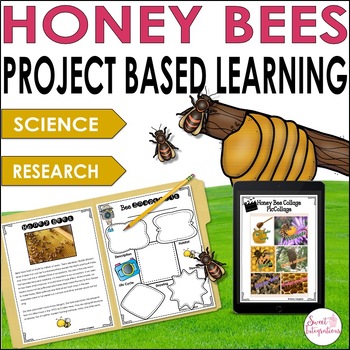



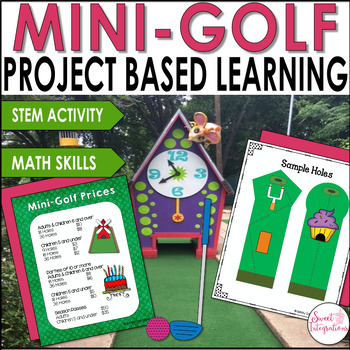
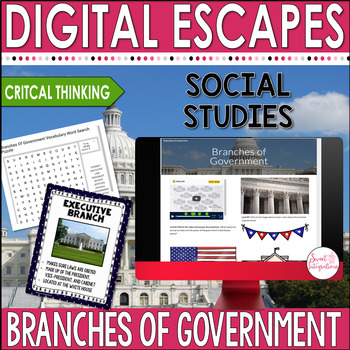

No comments